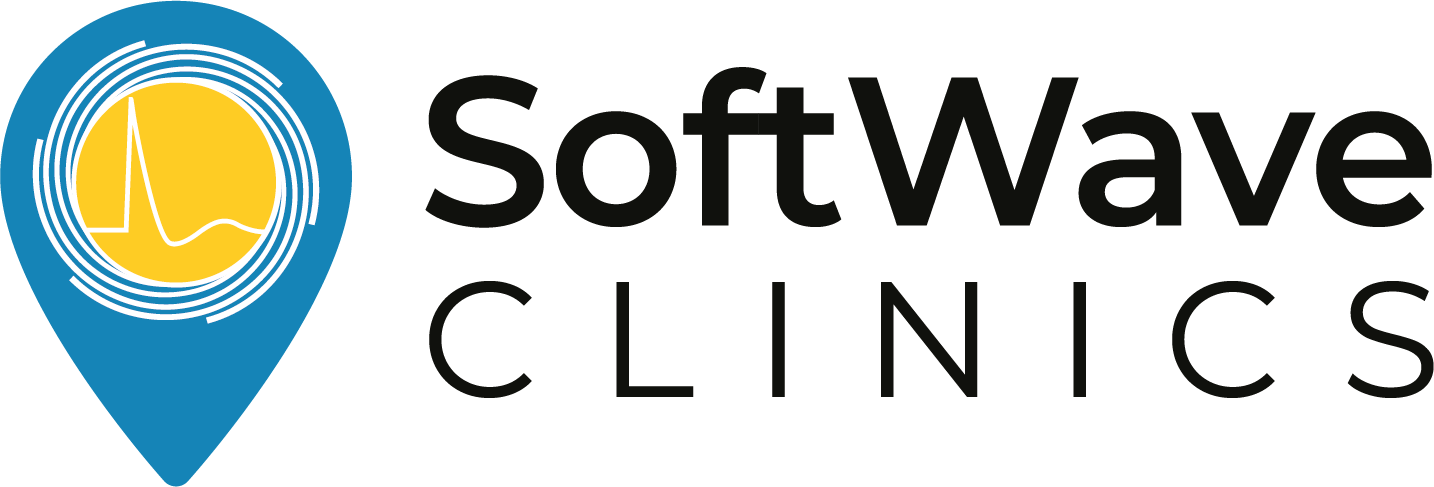Shockwave Therapy Stimulates Angiogenesis to Treat Ischemic Heart Disease
Title of study: Antimicrobial peptide LL37/RNA complexes stimulate Toll-like receptor 3 upon shock wave therapy of ischemic muscle
Author: Can Gollmann-Tepeköylü, Michael Graber, Daniela Lobenwein, E. Kirchmair, M. Grimm, Johannes Holfeld
Shockwave therapy (SWT) is a promising treatment for ischemic heart disease that induces the growth of new blood vessels. Toll-like receptor 3 (TLR3) is a receptor of the immune system that recognizes RNA and is involved in the angiogenic effects of SWT. Researchers wanted to understand how SWT activates TLR3 and how this activation leads to angiogenesis.
The study found that mechanical stimulation from SWT triggers the release of the antimicrobial peptide LL37. LL37 forms complexes with RNA and activates TLR3 in the endosomes of cells. This activation stimulates the growth of new blood vessels and reduces fibrosis in the heart.
The researchers tested this hypothesis on human umbilical vein endothelial cells (HUVEC) and mice with acute myocardial infarction. They found that SWT led to LL37 release and increased RNA levels, which formed protein/RNA complexes that activated TLR3. The increase in RNA uptake after SWT indicates that these protein/RNA complexes were taken up by cells.
In mice, SWT resulted in significantly higher numbers of capillaries and arterioles, reduced fibrosis, and improved ejection fraction in treated hearts. The study suggests that SWT can be used as a regenerative treatment alternative for ischemic heart disease.
This research provides a better understanding of the molecular mechanisms behind the angiogenic effects of SWT.
